The most important change emphasized by Mr. Hoang Minh Hieu (a member of the National Assembly who works full-time at the National Assembly's Committee on Law and Justice ) in an interview with Dan Tri newspaper is that the National Assembly has shifted from the mindset of "making laws to manage" to "making laws to create development".
Many important policies create momentum for the economy
The 15th National Assembly term is about to end and will certainly leave many impressions on those who work in the parliament. During the past term, how do you feel about the working atmosphere and the work cycle of the National Assembly as well as its agencies, in the face of the reality of having to continuously resolve and remove a series of urgent requirements?
- At the time of the last session of this term, I and many other National Assembly delegates had the same feeling that the term of the 15th National Assembly had passed very quickly.
Perhaps, this is a term in which the work of the National Assembly continues at high speed. When entering the first sessions of this term, National Assembly deputies and agencies of the National Assembly must face the requirements of building legal regulations to respond to the Covid-19 pandemic, meeting the requirements of both creating a flexible legal framework to adapt to the requirements of disease prevention and control, and promoting socio-economic development which is facing many difficulties due to the impact of the pandemic.
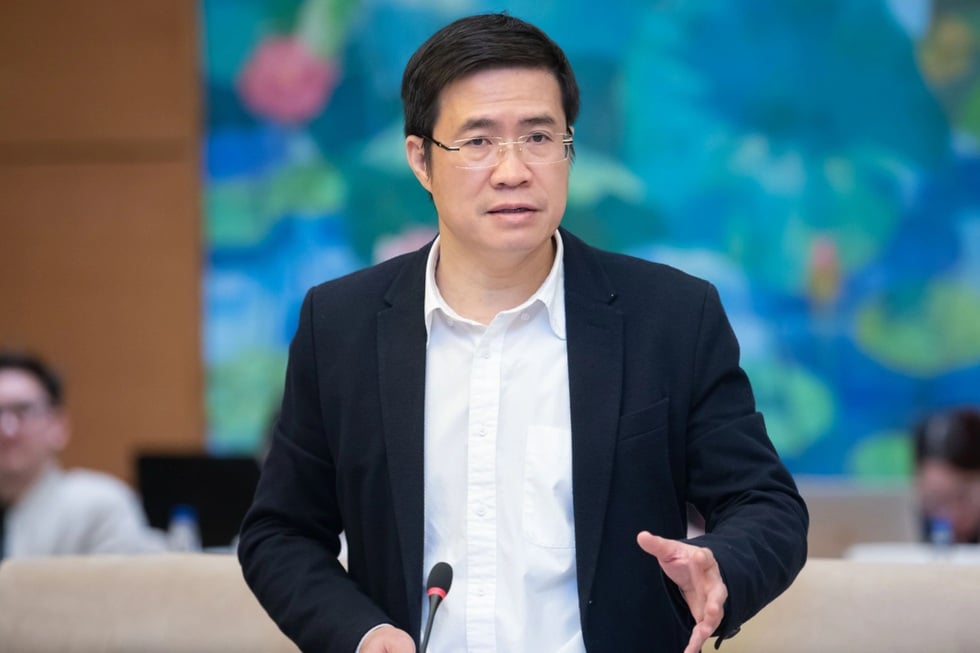
National Assembly Delegate Hoang Minh Hieu (Photo: Hong Phong).
In the second half of the term, the need to perfect institutions becomes even more urgent in order to both reorganize and streamline the State apparatus and implement the Party's strategic policies and guidelines, aiming to turn institutions into a competitive advantage.
In the midst of this work, I clearly felt the urgent, responsible, flexible and determined working spirit of the National Assembly. The parliamentary atmosphere throughout this term was always lively, frank, democratic, but also very constructive.
National Assembly deputies not only participate in in-depth discussions and debates on policies, but also devote much effort to supervision work and honestly reflect the breath of life and the voices of voters.
In particular, I clearly see a strong movement in the way the National Assembly operates and organizes its activities in the direction of continuing to innovate, being quick, closely following reality, deciding on major issues in a short time but still ensuring prudence and compliance with the law. Many important mechanisms and policies have been passed, creating momentum for the economy, supporting social security, and strengthening people's trust.
What are the pressures that National Assembly deputies face when faced with an unprecedented and huge workload, sir?
- In the context of the country's strong transformation, the need for innovation in legislative thinking, national governance mechanisms, and legal frameworks for new areas such as digital transformation, green economy, circular economy, etc. places unprecedented responsibilities on the National Assembly.
Each delegate, therefore, always clearly feels his or her responsibility to meet that expectation, not only in voting and speaking, but also in every action and every opinion that contributes to the quality of policy.
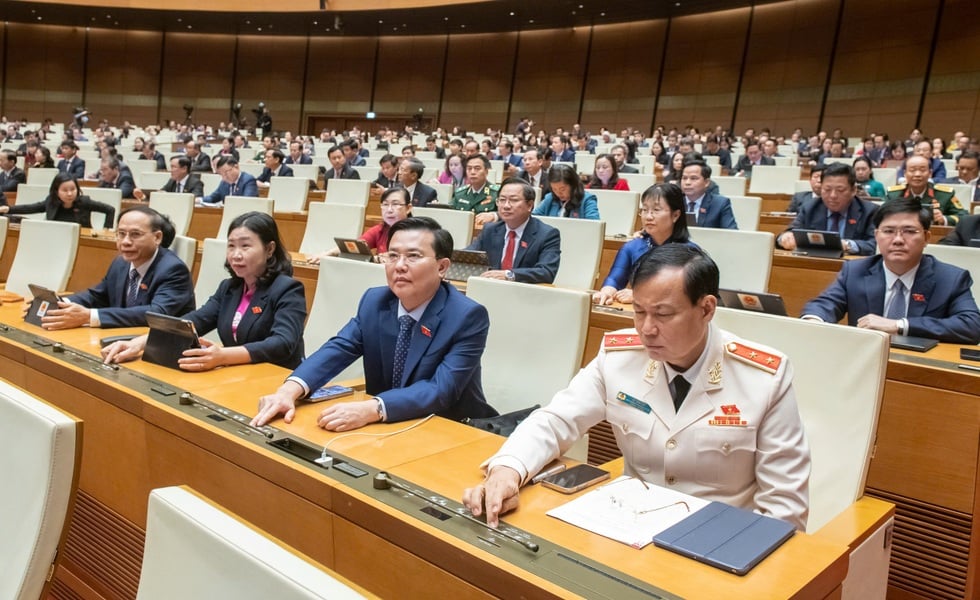
Important mechanisms and policies approved by the National Assembly have created momentum for the economy (Photo: Hong Phong).
Another pressure, which is also a constant challenge, is ensuring a balance between the requirements of volume, speed of work implementation and ensuring the quality of the laws within an extremely limited time frame.
Never before has the National Assembly had to consider and pass as many important bills, resolutions and decisions as in this term. That requires delegates not only to have extensive knowledge, courage and policy analysis skills, but also the ability to work at high intensity, to think systematically and coordinate smoothly with relevant agencies, to listen to the opinions of voters and experts to promptly reflect during the law-making process.
Participating in each term of Congress is worth as much as a college degree.
Through those pressures, surely each National Assembly delegate has accumulated a lot of experience and skills in parliamentary work?
- I really appreciate a statement that many National Assembly delegates of previous terms have said, that participating in each National Assembly term is as valuable as having an additional university degree.
As for the National Assembly deputies in this term, we also clearly feel that. After nearly 5 years of being attached to the parliament, those of us who are new to the National Assembly for the first time clearly feel that we have matured a lot, both in knowledge, skills, political capacity and legislative thinking.
In terms of knowledge, this term has been a very lively practical school. The National Assembly has considered, passed or commented on dozens of draft laws in almost all areas of social life.
There are large, complex laws such as the Land Law (amended) that had to go through three terms to be passed; or laws that pave the way for new fields such as digital economy, artificial intelligence, energy conversion, data security, forcing delegates to constantly learn and update interdisciplinary knowledge to keep up with advances in science and technology.
Regarding skills, although before each term, delegates have been trained in the working skills of National Assembly delegates, only when directly participating in parliamentary activities, group discussions, questioning in the hall, thematic supervision, contacting voters, etc., we are truly trained in practice.
Policy analysis skills, monitoring skills, critical thinking skills, and especially legislative skills according to new processes and new law-making thinking have been gradually formed and perfected through each session and each draft.
And perhaps the most important highlight in this term is the skills and ability to adapt to the rapid changes in the context as well as the requirements of the country's socio-economic development.
In a world full of changes, from pandemics, economic crises, climate change to non-traditional security issues, we can see that we are in a period of great change on a global scale.
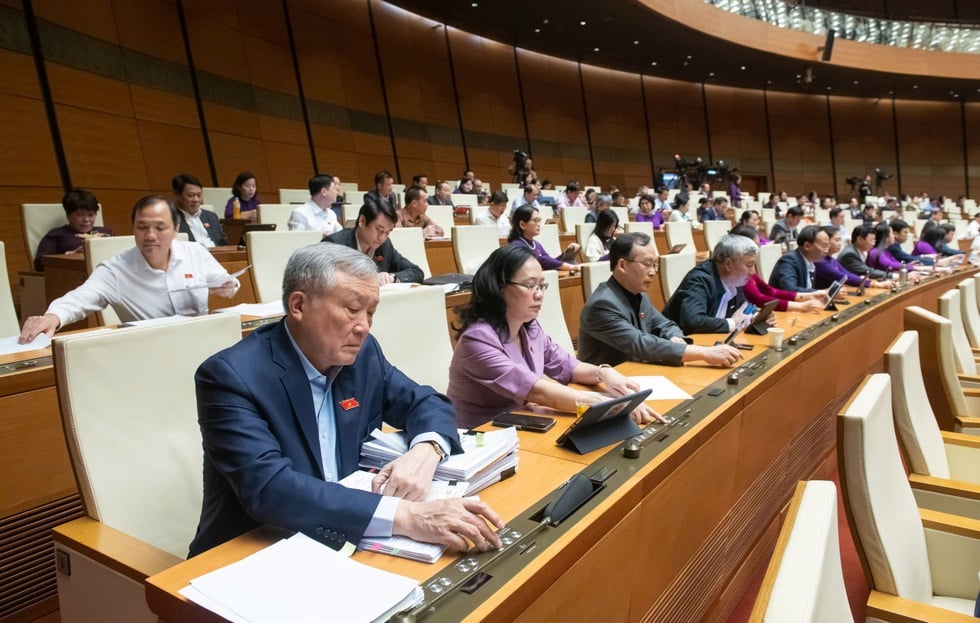
National Assembly delegates vote to pass the resolution (Photo: Pham Thang).
Domestically, new issues in socio-economic development, application of science and technology and innovation also require each delegate to learn to think flexibly and act promptly to meet the requirements of the new context.
A special term of Congress
The fact that the number of extraordinary sessions is equal to the number of regular sessions of the National Assembly is unprecedented in history, demonstrating that the National Assembly has been very quick and flexible in removing institutional bottlenecks. Typically, the 9th extraordinary session decided many urgent issues to serve the revolution of arranging and streamlining the organizational apparatus, meeting the very high requirements of the country in the new era. The 9th regular session of the National Assembly also passed a very large number of laws. With those results, how is the working time of National Assembly deputies, sir?
- Yes, the 15th National Assembly term is a special term when the number of extraordinary sessions is almost equal to the number of regular sessions, something unprecedented in the history of the Vietnamese National Assembly. If including extraordinary sessions, the total number of working sessions in this term is almost double that of previous terms.
In particular, many extraordinary meetings were held to promptly respond to the requirements of institutional improvement as well as many other important issues, from post-Covid-19 economic recovery, perfecting land, housing, and budget institutions, to implementing the revolution of streamlining the apparatus, salary reform, and administrative unit arrangement...
For example, at the recent 9th extraordinary session, the National Assembly issued fundamental policies for restructuring the political system to meet the country's requirements in the new era.
The working time of such sessions also requires the National Assembly Standing Committee and the National Assembly Committees to move along with many sessions and meetings.
For example, the Committee on Law and Justice, although it was only merged in February, has so far held eight plenary sessions, a number that far exceeds the average number of annual meetings of the Committees in previous terms.
Likewise, the large workload also requires full-time National Assembly deputies to spend a lot of time. In addition to attending all meetings of the Committee, the Standing Committee and the Delegation, they also have to spend a lot of time studying draft laws, reviewing documents, receiving voters' opinions, discussing with experts, and preparing for discussion sessions in the hall.
For part-time deputies, although the law stipulates that at least one-third of their time must be spent on National Assembly activities, in reality, in order to have a quality speech in the parliament, many deputies have to spend much more time carefully reading the documents, listening to voters' opinions, and referring to specialized documents to make a speech that is both theoretically based and practical.
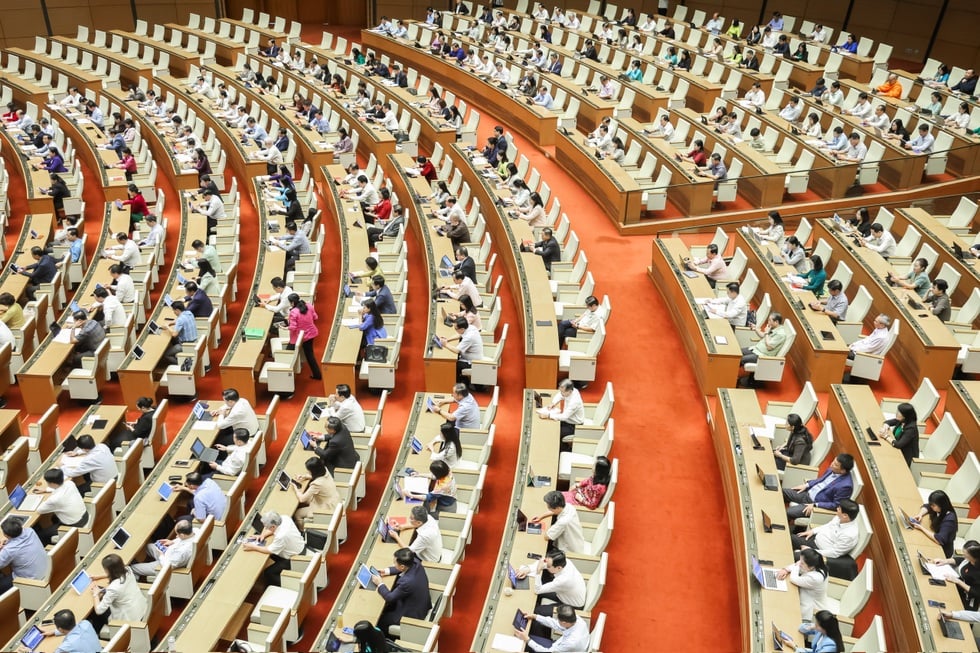
Delegates attending the 10th session of the 15th National Assembly (Photo: Quang Vinh).
However, from another perspective, I think that the fact that the 15th National Assembly held more sessions shows that it is time to change the way the National Assembly is organized and operates. Accordingly, it is necessary to gradually shift the activities of the National Assembly to a professional form, have time to organize more regular sessions, and always be ready to meet the requirements in the process of national governance.
That is also a requirement for the highest State authority, the highest representative body of the people in the context of the rapidly changing economy and society in the world in general and in the country in particular.
Offices that are always lit up, sleepless nights at the office or meetings without days off or weekends… What can you share about these stories?
- Working overtime is quite familiar to full-time National Assembly deputies. We still remember that during the 11th National Assembly term, National Assembly Chairman Nguyen Van An called full-time National Assembly deputies "Brother Bay, Sister Nhat" because they were often present at the office on Saturdays and Sundays every week. However, during this term, the National Assembly's working time is even longer.
For example, at this session, there are about 50 legal documents and resolutions that need to be passed, but the session is expected to last about 40 working days. Thus, each day requires completing more than 1 legal document or resolution, spanning from the discussion stage in groups and halls, to receiving and revising and voting for approval.
With such a time limit, it is clear that the National Assembly agencies have to work overtime, not only on weekends but also overtime, through lunch and through the night. For example, at the time of passing the Land Law (amended), the National Assembly agencies had to review the law continuously for nearly a month, from early morning to late at night to complete the draft law.
Here, I would also like to explain further that in the working process of the National Assembly, to pass a draft law, the draft law is not only discussed at group meetings or hall meetings where reporters regularly attend and report to voters.
In fact, after those meetings are sessions to receive and revise the content of the draft law, which takes a lot of time and effort to choose the best policy options in each draft law.
Therefore, it is often said that the National Assembly Committees are the "factories" of the National Assembly. These factories are where laws and resolutions are edited and perfected before being submitted to the National Assembly for voting and approval. That is the reason why the National Assembly agencies often have to work tirelessly to complete the drafts in time to meet the requirements of work progress.
Changing mindsets, shaping a proactive legislature
In your opinion, what results have been brought about by the changes in the working methods and innovations in the way the National Assembly makes laws in recent sessions and how do they contribute to bringing the country into a new era?
- The most obvious and visible result is that the number of laws and resolutions issued and passed during this term has increased dramatically. Previously, the National Assembly session had the largest number of laws passed, about 20 documents. At this session, the National Assembly is expected to pass about 50 laws and resolutions, about 2.5 times more than in previous terms - a record number in the history of the National Assembly.
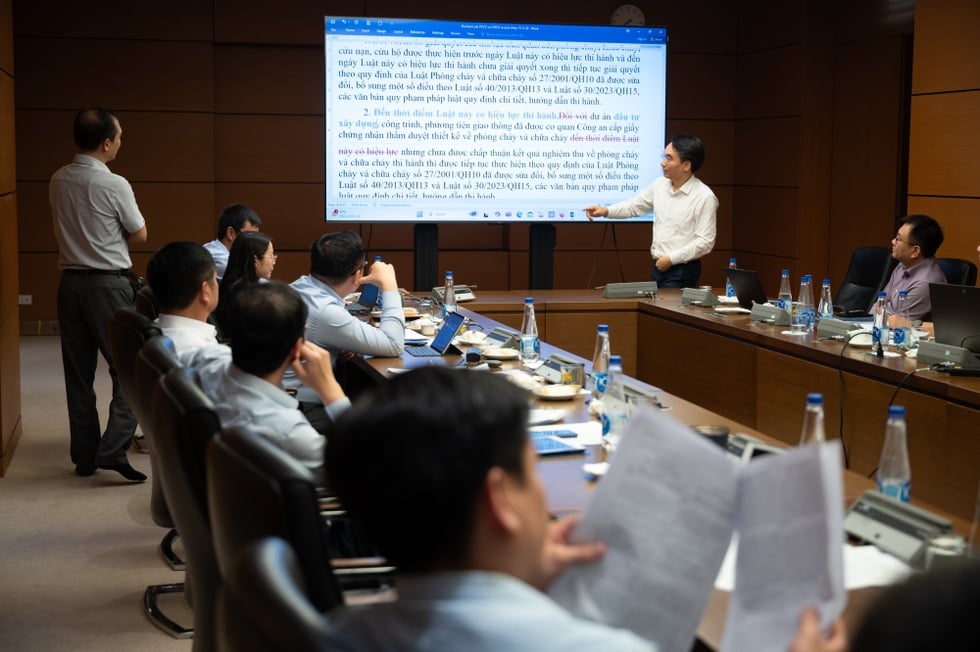
The Law and Justice Committee often meets overtime, through lunch and night to promptly review draft laws (Photo: Pham Thang).
In addition, we can see that the policy response capacity in legislative activities has also been improved. Previously, there were a number of policy issues that were identified as inappropriate and needed to be amended and supplemented, but the way of doing things at that time and our general mentality was to wait to amend many issues at the same time for a law or resolution.
But now, any time there are any problems, contradictions, overlaps, or bottlenecks in socio-economic development, they will be studied, amended, and supplemented promptly. This is a modern approach, consistent with the legislative experience of many countries in the world.
However, the most important result lies not only in quantity or speed, but in the change in legislative thinking. The most important point is the shift from the mindset of “making laws to manage” to “making laws to create development”, that is, taking innovation, digital transformation, sustainable development and international integration as the orientation axis for legal policies.
That thinking is gradually shaping a proactive legislation, based on forecasting development trends, not only following reality but also leading development.
These results and innovations, in my opinion, are the important foundation to bring the country into a period of rapid and sustainable development, based on knowledge, technology and the rule of law, in which the National Assembly truly plays a creative role and accompanies the Government on the journey to turn Vietnam into a developed country by the mid-21st century.
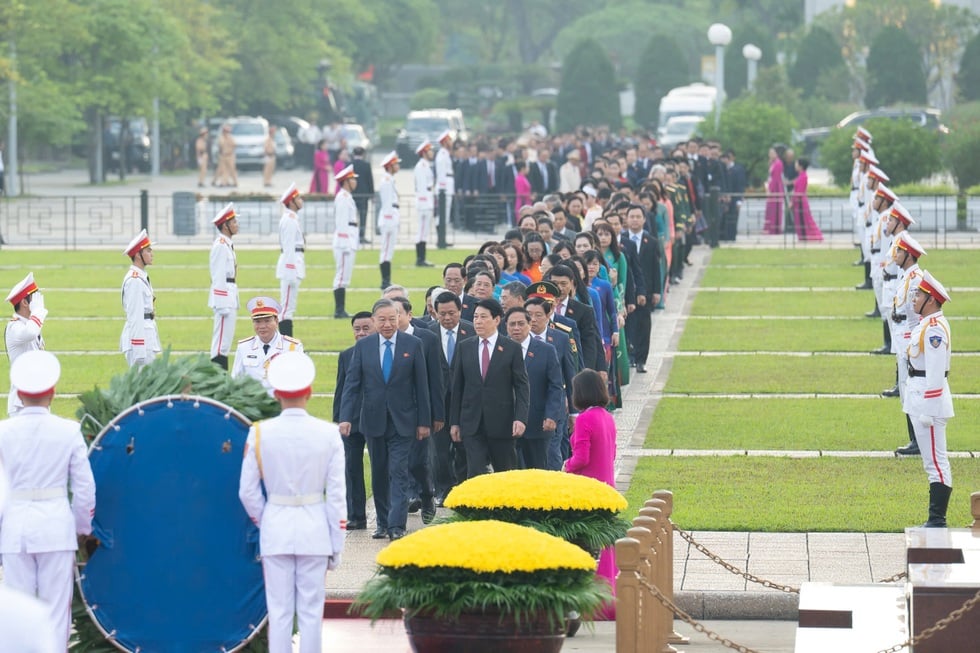
National Assembly deputies visit President Ho Chi Minh's Mausoleum before the opening session of the 10th meeting (Photo: Quang Phuc).
Source: https://dantri.com.vn/thoi-su/quoc-hoi-chuyen-tu-lam-luat-de-quan-ly-sang-kien-tao-phat-trien-20251108114729349.htm




![[Photo] Cutting hills to make way for people to travel on route 14E that suffered landslides](https://vphoto.vietnam.vn/thumb/1200x675/vietnam/resource/IMAGE/2025/11/08/1762599969318_ndo_br_thiet-ke-chua-co-ten-2025-11-08t154639923-png.webp)



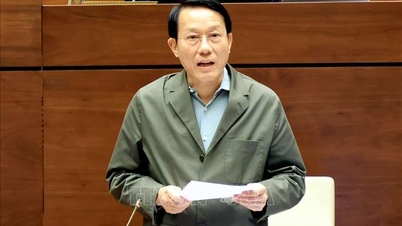

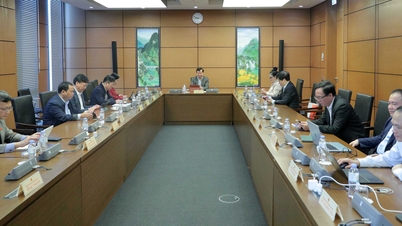

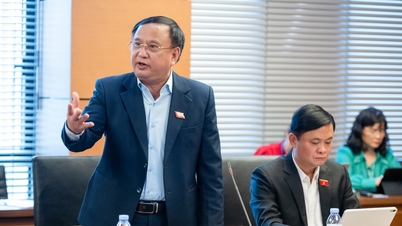



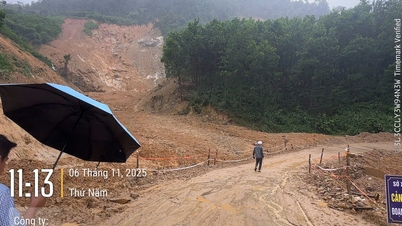
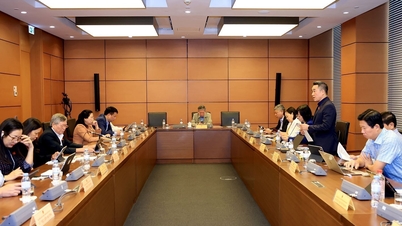



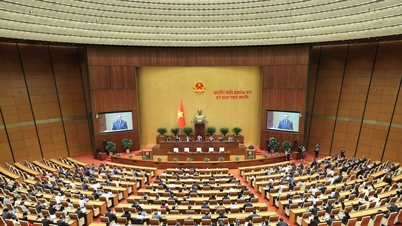




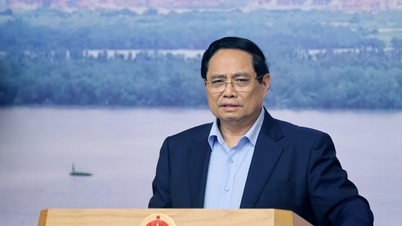







![[Photo] "Ship graveyard" on Xuan Dai Bay](https://vphoto.vietnam.vn/thumb/1200x675/vietnam/resource/IMAGE/2025/11/08/1762577162805_ndo_br_tb5-jpg.webp)







![[Video] Hue Monuments reopen to welcome visitors](https://vphoto.vietnam.vn/thumb/402x226/vietnam/resource/IMAGE/2025/11/05/1762301089171_dung01-05-43-09still013-jpg.webp)











































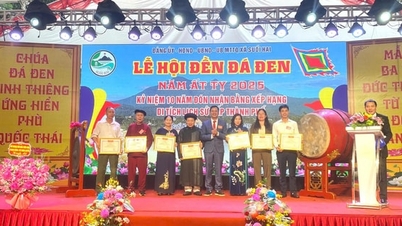





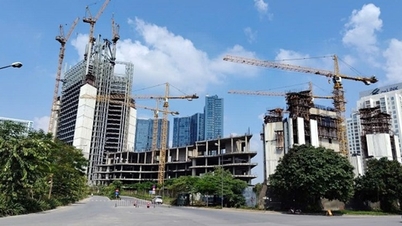


















Comment (0)